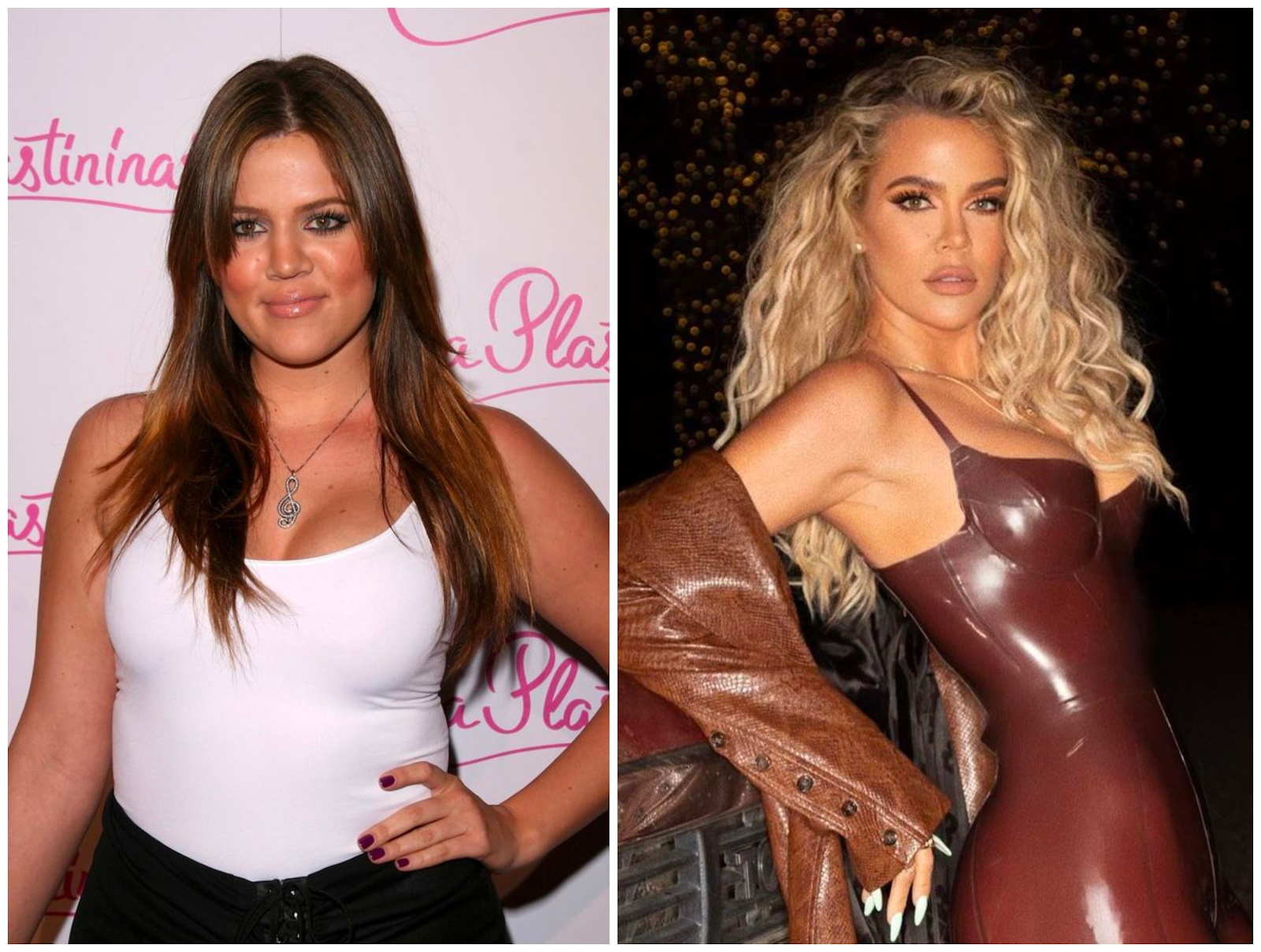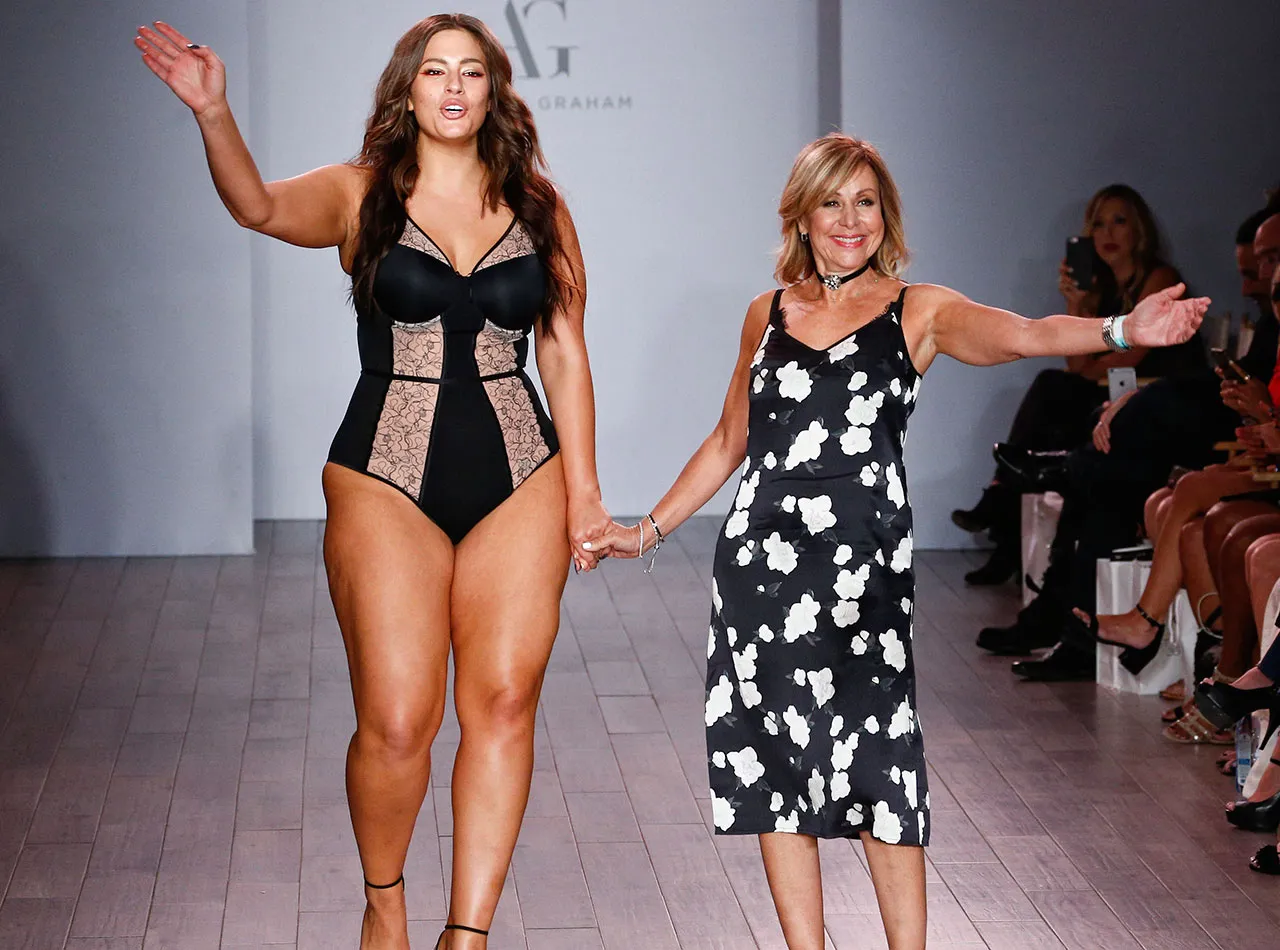Mirror or Mirage: Unraveling the True Impact of Social Media Beauty Standards
Persuasive Writing Type
If you find yourself mindlessly scrolling through Instagram or Facebook every time you have a spare moment, congratulations! You're part of the vast army of mindless scrollers. But have you ever wondered how all those images of other people’s bodies, from your bestie's vacation pic to a celeb's gym selfie, might be affecting your own self-perception? It's like a never-ending slideshow of body comparisons, courtesy of the digital age!
Social media has completely transformed the way we communicate, share information, and connect with others. However, it has also brought about some new challenges, especially when it comes to beauty standards and how we perceive our bodies. Social media has a big influence on these standards, and it's important to recognise its negative impact on people's mental and emotional well-being.
"The most beautiful thing you can wear is confidence."
–Blake Lively
One thing that can be worrisome about the seemingly perfect world of social media is that beauty standards reign supreme and reality takes a backseat. These platforms are filled with carefully selected images of glowing skin, fit bodies, and hair that are styled to absolute perfection. These images usually go through tonnes of editing and are mostly photoshopped, which can create a standard of beauty that is difficult to achieve and doesn't reflect reality. As you mindlessly scroll through your social media feeds, stumbling upon these carefully crafted images (thanks to Photoshop) of flawless beings, it's only natural to start questioning your own existence and wondering if your appearance is simply a cosmic joke.
The Kardashian family serves as a prime example of the power of social media in turning up the dial on the pressure to go under the knife for that picture-perfect look. The trend of surgical alterations is making it seem like everyone's just one nip and tuck away from perfection. Who needs to embrace their natural features when we can all just play a game of "Guess the Original Face"? The Kardashian family has certainly left their mark on beauty standards, like a bold lipstick stain on a white shirt. But the question is, how long can one depend on surgeries to feel pretty? And are these surgeries really the answer? If history is any guide at all, beauty standards are something that changes every other decade. From the idealised hourglass figure in the 1930s to thin, zero-size figures in the 1990s to the hourglass figure in today's modern generation, women are expected to be skinny, but not too skinny, with large breasts and a big butt, all while maintaining a flat stomach and a thigh gap.
Khloe Kardashian transformation over the years.
Constantly being exposed to unrealistic beauty standards can have a range of negative psychological effects. Many people may sometimes feel a bit down about themselves when they compare themselves to the images they see online. It's totally normal to have moments of self-doubt or dissatisfaction with our bodies. This phenomenon has been connected to an increase in anxiety, depression, and even eating disorders, as people may feel pressured to conform to these unrealistic beauty standards. It's important to keep in mind that young people, like all of us, can be influenced by social media. Unfortunately, this can sometimes lead to negative feelings about their bodies and self-esteem.
Research suggests that the people we compare ourselves to play a crucial role.
In a survey of 227 female university students, it was found that women reported that they tend to compare their own appearance negatively with their peer group and with celebrities. However, they don't usually compare themselves to their family members. The comparison group that had the strongest link to body image concerns was actually distant peers or acquaintances.
Another study suggests that "fitspiration" images, which often showcase attractive individuals engaging in exercise or pretending to, could potentially lead to self-criticism.
In 2017, Amy Slater, an associate professor at the University of West England, Bristol, conducted a study that involved 160 female undergraduates. These students were shown different types of content on Instagram, including #fitspo, self-compassion quotes, or a combination of both. The content used in the study was sourced from real accounts. Those who viewed only #fitspo scored lower on self-compassion, but those who looked at compassionate quotes like "You're perfect just the way you are" were kinder to themselves and felt better about their bodies.
For those who checked out both the #fitspo and the self-compassion quotes, it seemed like the benefits of the self-compassion quotes were greater than any downsides of the #fitspo ones.
Moreover, it's unfortunate that the wide range of human bodies and appearances is frequently overlooked or diminished in favour of a limited and predominantly Eurocentric beauty standard. The absence of representations of diversity can make people feel left out and perpetuate negative stereotypes about beauty. It also continues to reinforce systemic biases related to race, gender, and other aspects of identity.
| Ashley Graham’s NYFW Lingerie Show Was All About Body Positivity. |
"To be yourself in a world that is constantly trying to make you something else is the greatest accomplishment."
– Ralph Waldo Emerson
But now, we are actively working to address these negative impacts. Many awesome social media influencers and activists are using their platforms to spread the message of body positivity, self-acceptance, and mental health awareness. It's incredible to see how they're making a positive impact on people's lives. Moreover, there is a growing interest in conversations about photo editing, filters, and the distinction between reality and digital portrayal. These discussions are helping to dispel the misconception of flawless perfection.
But there might be a small drawback to body-positive images as well: they still primarily emphasise physical appearances. The study also discovered that women who had viewed the body-positive photos ended up objectifying themselves. This was measured by asking the participants to write 10 statements about themselves after looking at the images. Participants who received higher scores on self-objectification tended to have statements that focused more on their appearance than their skills or personalities.
"Be yourself; everyone else is already taken." -Oscar Wilde
For the time being, then, how should you select your personal social media feeds so that you don't end up feeling horrible about your physical appearance? The universal piece of advice is this: put down your phone. Spending less time on your phone will reduce your exposure to the allegedly ideal lives of social media stars. Having frank discussions about the unrealistic standards set by social media could encourage users to ignore them and instead celebrate their individuality.
The next best thing is to carefully choose whom you choose to follow and to mix in some photographs of nature or travel the next time you find yourself scrolling through an endless stream of photos focused on appearance. Filling your Instagram feed with beautiful scenery, tasty treats, and adorable animals may enable you to realise that there is more to life than how you appear. Self-love and acceptance are also essential. Individuals can benefit more from a focus on their inner qualities, achievements, and personal growth than from obsessing over their looks alone.







Comments
Post a Comment